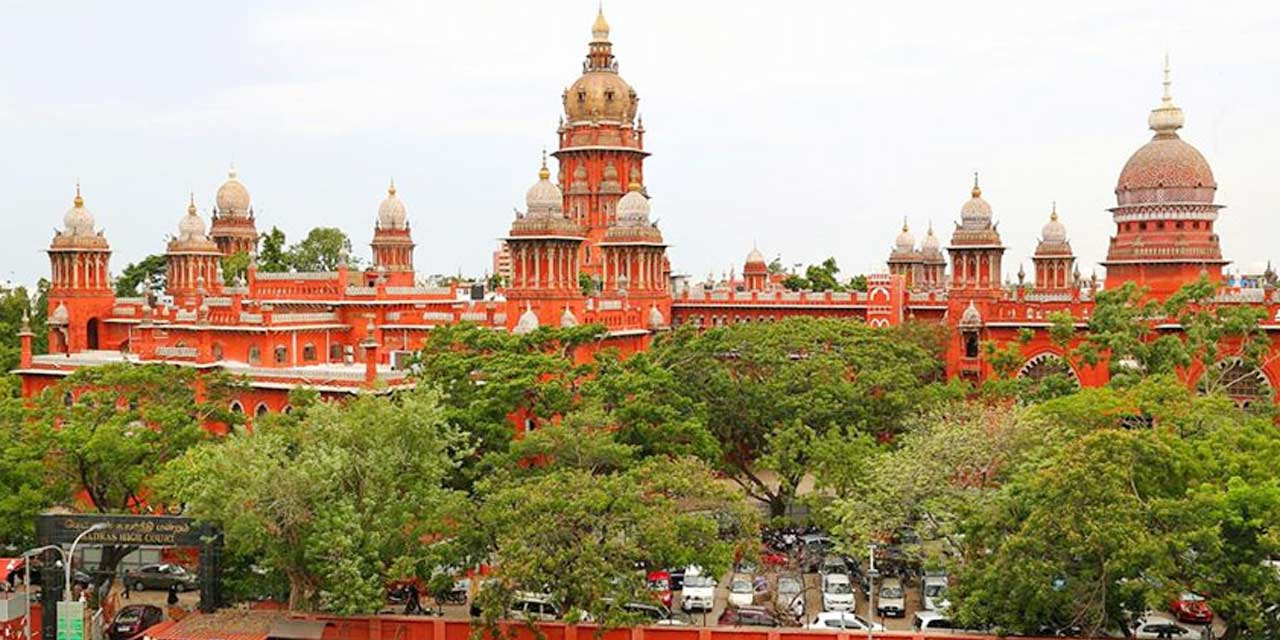Madras High Court Urges Centre to Act on Removal of Non-Consensual Intimate Content Online
Area: Cyber Law | Women’s Rights | Digital Privacy
Jurisdiction: Tamil Nadu, India
By: Grien Law Chamber – Best Legal Counsel for Digital Rights in Chennai
Case Overview
The Madras High Court, in a recent hearing, expressed serious concern over the rampant circulation of intimate photos and videos of women uploaded online without consent. The Court questioned the Union Government on the lack of an effective mechanism for victims to promptly remove such content and seek justice.
This development is a critical step in shaping India’s digital privacy framework, particularly concerning women’s safety and dignity in cyberspace.
Background
- Petitioner: A woman who discovered that her private videos had been shared online without her knowledge or permission.
- Issue: Lack of a quick redressal mechanism to ensure timely removal of such sensitive content from digital platforms.
- Respondents: Union of India, IT Ministry, and intermediaries (social media platforms/websites).
Legal Questions Considered
- What legal remedies exist for victims of non-consensual online content?
- Can the Indian government be held accountable for the absence of a mechanism?
- What is the responsibility of digital intermediaries and platforms under the IT Rules, 2021?
Court’s Observation
The Hon’ble Justice N. Anand Venkatesh noted that:
- Victims, especially women, suffer irreparable damage to reputation and mental health due to the slow removal process.
- There is no unified redressal framework that victims can easily access for immediate takedown.
- The Court directed the Centre to respond on how such content can be swiftly and permanently removed without revictimising the complainant.
Legal Insight by Grien Law Chamber
At Grien Law Chamber, a leading law firm in Chennai for cyber and privacy law, we recognize the urgency and sensitivity of such cases. Our legal team emphasizes:
- Filing immediate takedown requests under the Information Technology (Intermediary Guidelines and Digital Media Ethics Code) Rules, 2021.
- Moving the High Court under Article 226 for urgent directions.
- Seeking relief through Women’s Commissions and cyber crime cells.
- Filing criminal cases under Section 66E, 67, and 67A of the IT Act, and Section 354C of the IPC (voyeurism).
Impact of the Proceedings
- Highlights the gap in digital safety laws for Indian women.
- Creates pressure on the Government to streamline takedown protocols.
- Promotes the need for digital literacy and awareness among internet users.
Conclusion
This case stands as a reminder that state-funded institutions must operate within the boundaries of constitutional and regulatory frameworks. Institutions must prioritize inclusiveness, secularism, and student welfare at every level
Grien Law Chamber continues to assist clients across education, public policy, and civil rights sectors, delivering reliable legal solutions with integrity and expertise.
Recommendations for Victims
If you are affected by non-consensual uploads:
- Take screenshots and URLs as evidence.
- File a complaint at the nearest Cyber Crime Police Station or via the Cyber Crime Portal(www.cybercrime.gov.in)
- Immediately send content takedown requests to social media platforms.
- Seek legal counsel from a trusted law firm in Chennai to initiate urgent judicial intervention.
Grien Law Chamber’s Role
As one of the best advocate teams in Chennai for digital rights, Grien Law Chamber has successfully handled cases involving:
- Online defamation
- Non-consensual photo/video uploads
- Harassment through digital means
- Data privacy breaches
We prioritize discreet handling, mental health awareness, and speedy relief through the appropriate legal channels.
Need Help?
If you or someone you know is a victim of such online abuse, contact Grien Law Chamber, your trusted Chennai law firm, for confidential and expert support.
Legal Disclaimer
This case study is intended for educational and awareness purposes only. It does not constitute legal advice or advertising. Grien Law Chamber does not solicit clients through this publication. For case-specific assistance, consult with a qualified advocate directly.

